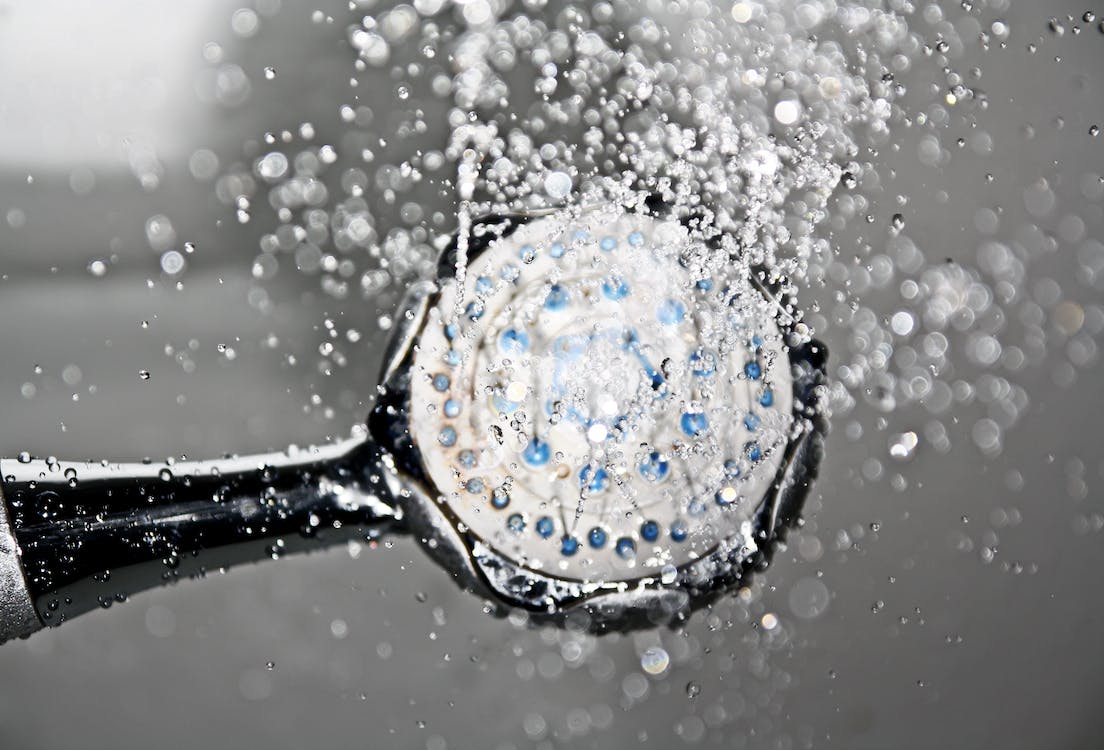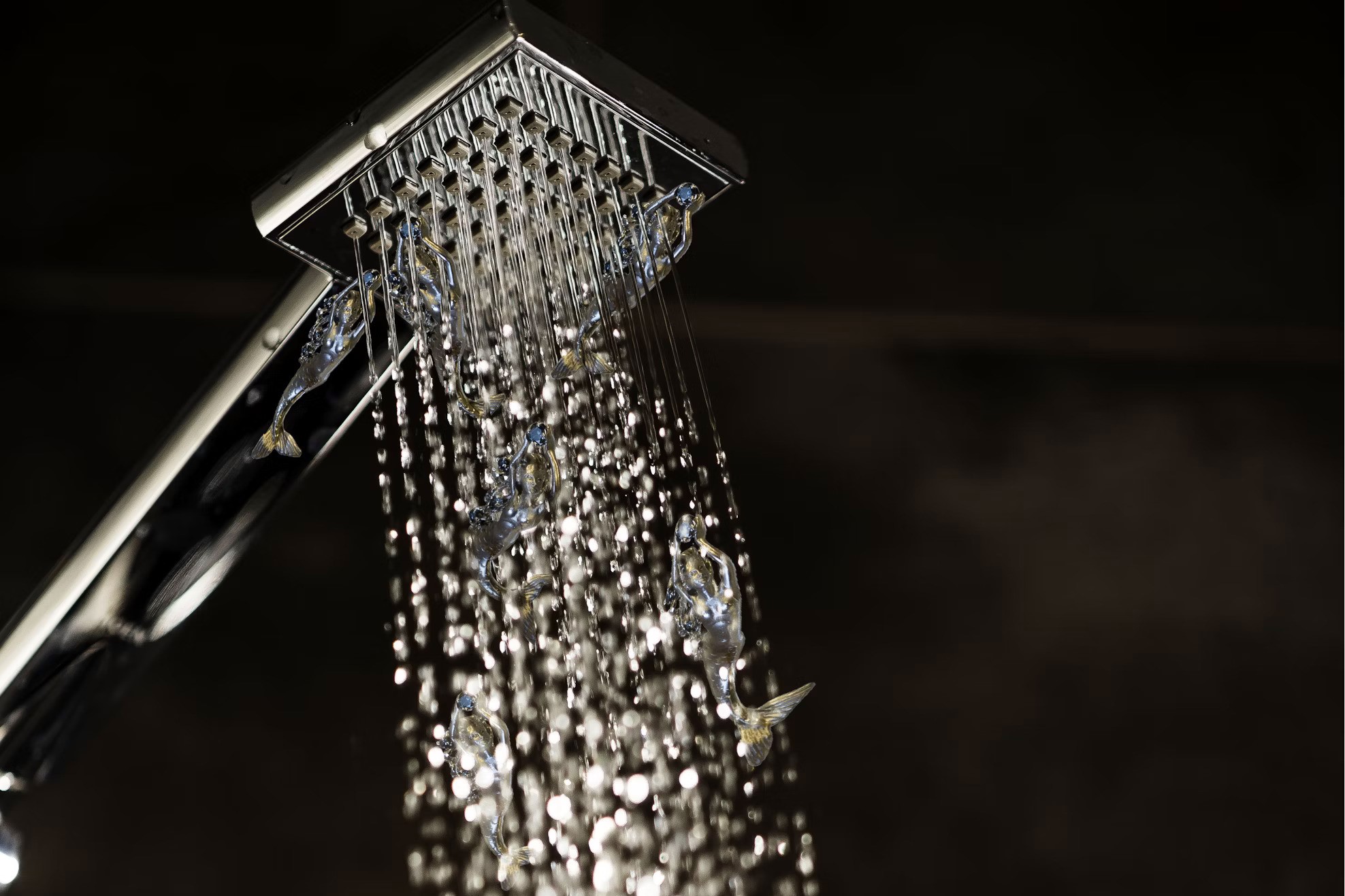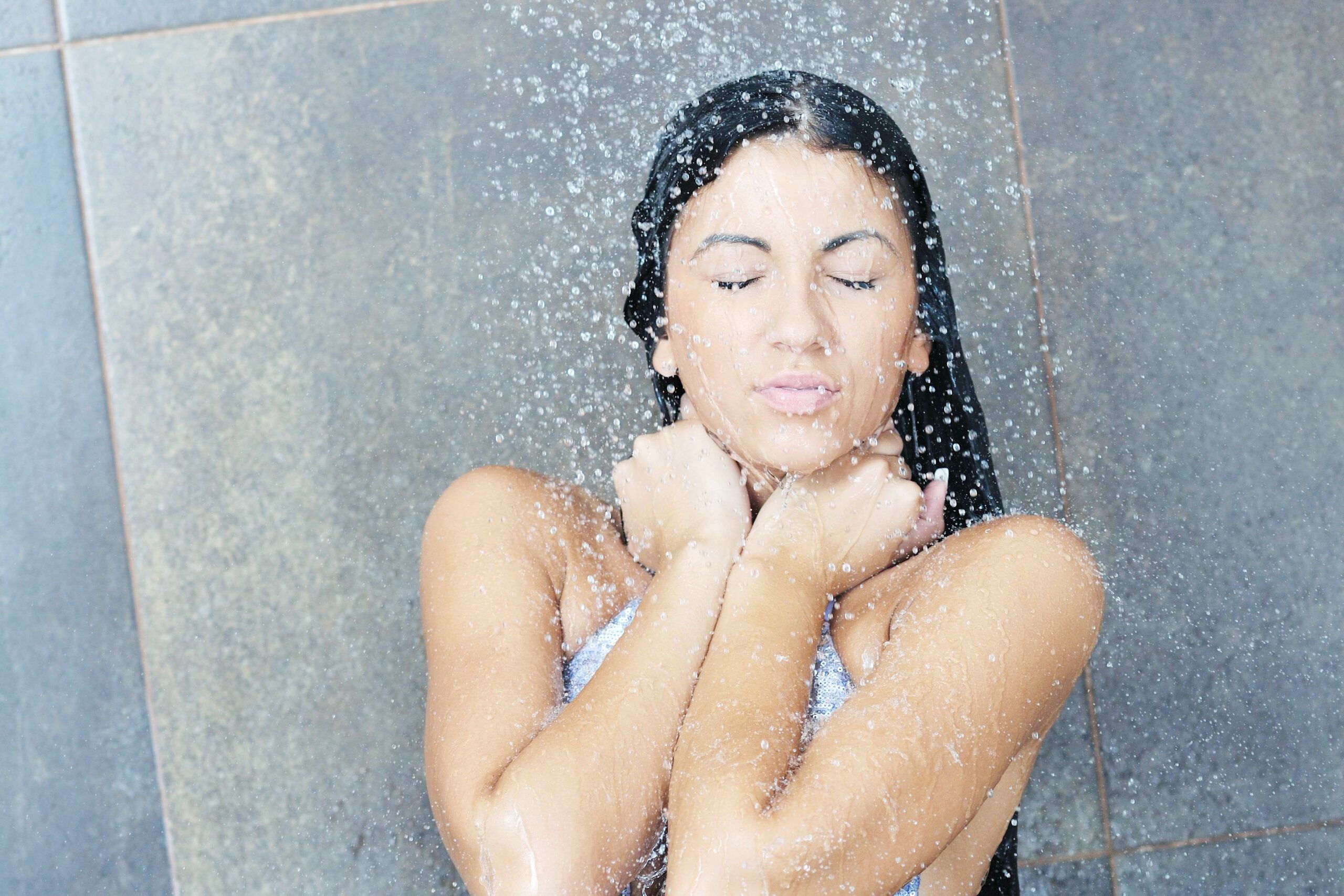
The debate between hot vs cold showers is more than just a matter of personal preference. It encompasses a wide array of health benefits and considerations that affect our daily lives. Whether you live in a home with compact showers or in a house with a luxurious bathroom, understanding the impact of shower temperature on your body is crucial.
Understanding Cold Showers
Cold showers, often characterized by their brisk and invigorating nature, can have a significant impact on one’s health and well-being. Let’s delve into the physiological and psychological effects of immersing oneself in colder temperatures during showers.
The Thrill of Cold Water
A cold shower, typically below 20°C, can be a shocking but invigorating experience. The immediate impact of cold water on the body is undeniable, leading to various potential health benefits.
Health Benefits of Cold Showers
Cold showers have been credited with a range of health benefits. These include improved blood circulation, enhanced immune system, and reduced muscle soreness. The cold water immersion technique is particularly popular among athletes for these reasons.
Cold Showers and Mental Health
Taking a cold shower can also impact your mental health positively. It’s believed to reduce stress levels and even alleviate symptoms of depression by triggering the release of endorphins, the body’s natural mood lifters.
Hot Shower Insights
A hot shower is more than just a means to cleanse; it’s a sanctuary for relaxation and therapeutic benefits. Here, we explore how hot showers contribute to muscle relaxation, skin health, and overall comfort.
The Comfort of Warm Water
A warm or hot shower, typically above 37°C, is often preferred for its comforting and relaxing properties. The steam generated in a hot shower can also help in clearing respiratory symptoms.
Benefits of Hot Showers
Hot showers are known for their ability to relax muscles, improve blood circulation, and aid in muscle pain relief. They are particularly beneficial for soothing stiff joints and itchy skin, common issues in colder climates.
Cold and Hot Showers: Comparing Effects

While both hot and cold showers offer unique benefits, understanding their distinct effects on the body is crucial. Let’s compare and contrast the physical and mental impacts of these two showering temperatures.
Impact on Blood Flow
Both hot and cold showers have unique effects on blood flow and blood vessels. Cold showers can invigorate the circulatory system by causing blood vessels to contract, while hot showers increase blood flow to the skin and muscles.
Influence on Skin and Hair
The impact of shower temperature on skin and hair is quite significant. Cold water can help in reducing dry skin and preserving the integrity of keratin cells in hair and skin. In contrast, hot showers can sometimes exacerbate conditions like dry skin or eczema.
Hot or Cold Showers for Muscle Soreness
Hot showers can be effective in reducing muscle soreness by increasing blood flow and relaxing tense muscles. Conversely, cold showers are known to numb pain and reduce inflammation, which can be beneficial after intense physical activity.
Managing High Blood Pressure
Individuals with high blood pressure might find cold showers too stimulating. In contrast, a warm shower can help in lowering blood pressure by relaxing the body.
Cold Exposure and Immune System
Regular cold showers can strengthen the immune system by increasing the body’s ability to generate heat and adapt to cold temperatures.
Understanding the Body’s Response
The human body’s physiological response to varying shower temperatures is a complex and finely tuned process, especially evident in how our circulatory system adapts. When exposed to cold water, there’s a noticeable constriction of blood vessels, a natural reflex aimed at preserving body heat by reducing blood flow to the skin’s surface. This reaction, while momentarily shocking, can invigorate the system, potentially lowering blood pressure for those without preexisting conditions and bolstering the heart’s efficiency.
Conversely, the embrace of hot water in a shower does quite the opposite. It initiates the dilation of blood vessels, a process known as vasodilation, which enhances blood flow to the skin and muscles. This increased circulation can have a soothing effect on the body, easing muscle tension and promoting a state of relaxation. The warmth not only comforts the body but also assists in the health of the cardiovascular system by facilitating smoother blood flow and reducing strain on the heart.
Beyond the circulatory benefits, the temperature of your shower has a direct impact on joint health. Warm showers, in particular, are therapeutic for individuals experiencing stiffness or pain in their joints. The heat from the water encourages blood to flow more freely to the affected areas, such as the neck and shoulders, providing a natural form of pain relief. This increased circulation to the deeper tissues helps in loosening tight muscles and alleviating discomfort, offering a gentle yet effective method for enhancing joint mobility.
Choosing the Right Shower Temperature

Deciding on the optimal shower temperature is a personal journey, significantly influenced by individual health scenarios and subjective likes. For enthusiasts of the brisk, tingling sensation that accompanies a cold shower, the appeal lies in its capacity to refresh and revitalize. This chilling experience is not merely about preference but is also sought after for its potential to energize the body and sharpen the mind.
Conversely, the allure of a hot shower is found in its comforting and tranquil qualities. The warmth enveloping the body can dissolve the day’s stress, ease muscle tension, and offer a quiet moment of relaxation. This preference goes beyond mere comfort, serving as a therapeutic remedy for those looking to unwind and soothe weary muscles.
Moreover, the decision between hot and cold showers gains complexity when considering skin health. Individuals grappling with certain dermatological conditions, such as eczema or psoriasis, might discover that cold showers aggravate their skin less compared to hot ones. The coolness of the water acts as a calming agent, helping to decrease skin inflammation and alleviate irritation. This gentle approach can be a solace for sensitive skin types, offering relief and contributing to skin health without the potential exacerbation that hot water might provoke.
Conclusion: Embracing Individual Needs
In the end, both hot and cold showers have their own benefits. It’s essential to understand your body’s needs and how different temperatures can aid in addressing specific health concerns, from muscle fatigue to mental well-being.
Incorporating the right balance of hot and cold showers can lead to many health benefits. Whether it’s to improve circulation, relax muscles, or simply to enjoy the feeling, shower preferences can greatly impact our daily lives.
